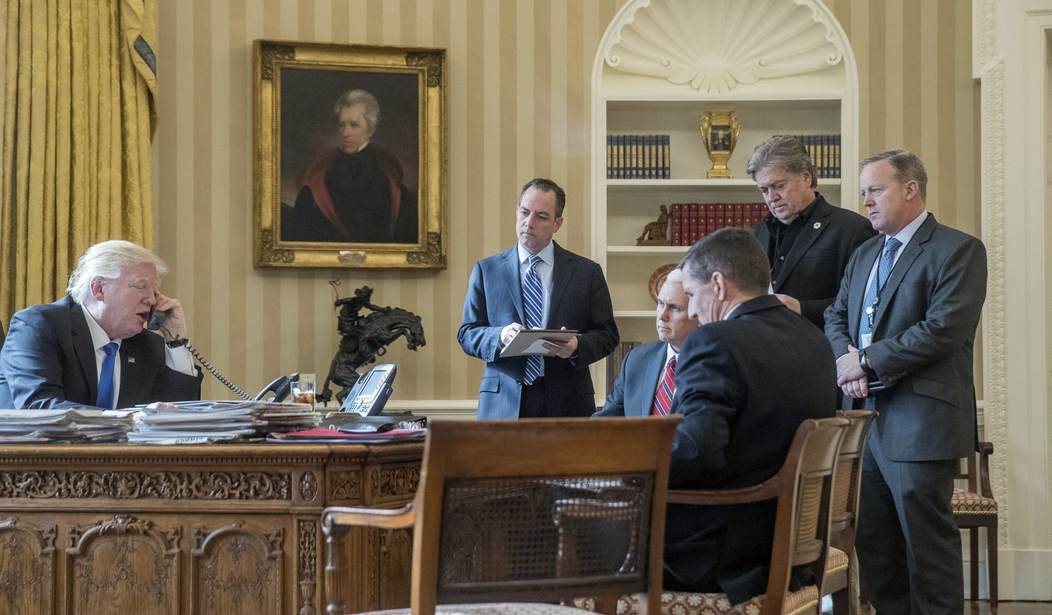By Barry Rubin
The transition to democracy and capitalism has not been kind to Russia. It sank from superpower to sideshow internationally. The country is hurting and stagnant; it has no sense of purpose or goals; and Russia is in the hands of a ruthless dictator who knows how to use nationalism and demagoguery to ensure his power.
Of course, Russia’s rulers are weaker, less ambitious, far less well armed, and less anti-American than the old Soviet Union. Still, though, the Russian government has a chip on its shoulder. It believes that the West betrayed it, tricked it into dropping Communism but then didn’t deliver prosperity. So the old traditional rivalry with the West and the United States has lost its Marxist element but gained a new factor.
Another new element is the search for money. Russia has two main assets: oil and the ability to export arms along with nuclear facilities that might be turned into weapons. Since the West, with a head start and superior products, has a head start, Russia has to seek riskier, more marginal clients which mean the more radical ones that the United States won’t accept. In short, Russia needs allies that don’t have the option of enjoying Western allies and suppliers.
What is most notable about Russian Middle East policy is that it tends to side with the extremist forces. These friends include primarily Iran, Syria, Hizballah, and Hamas. Russia makes money by selling arms to Syria that Iran pays for, knowing that some of them will be transferred to Hizballah, and nuclear equipment to Iran. An alliance with Tehran also ensures that Iran doesn’t back Islamists within Russia. Since there is no cost to Russia for engaging in this pro-radical policy it is most attractive.
In the UN, Russia has protected Iran from stronger sanctions and the Syrian regime from tougher action to back the revolutionary forces there.
Meanwhile, Russia’s regime is involved in a far less visible strategy of rebuilding its influence in Central Asia, the south Caucasus, and Central Europe. Russian enterprises, often strongly backed by the government, are buying up assets in these places, undermining the independence of former Soviet republics and some of the ex-satellites. The countries so menaced get virtually no support from the Obama Administration. Again, Russian policy is all gain, no cost.









Join the conversation as a VIP Member